If you’re considering the benefits of a plant-based diet, there’s no doubt you have questions. There are several reasons that people decide to switch to a vegetarian or vegan lifestyle, and whether your aim is ethical, or because you want to improve your health, you’ll have concerns. If you’re wondering about the pros and cons of giving up meat, here are some of the answers you’re looking for.
Contents
The Fiber Factor
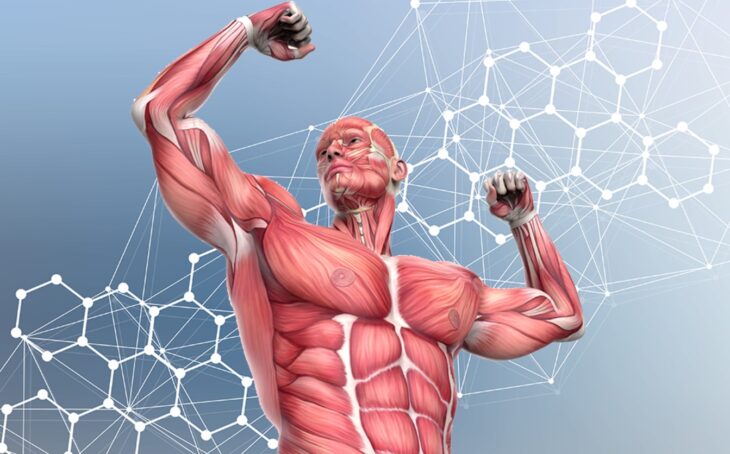
Source: Muscle Fiber Methodology
When you change over to a vegetarian eating plan, you’ll never have to worry about getting enough fiber again. Fruits and vegetables are loaded with it. However, it’s still important to eat these foods in their natural state. Smothering vegetables in rich, cheesy sauces or gravies will thwart all your good intentions of eating a healthy diet. Since your fiber intake will increase substantially, remember to start slow and drink the right amount of water each day to keep your metabolism running smoothly.
Partaking in Protein
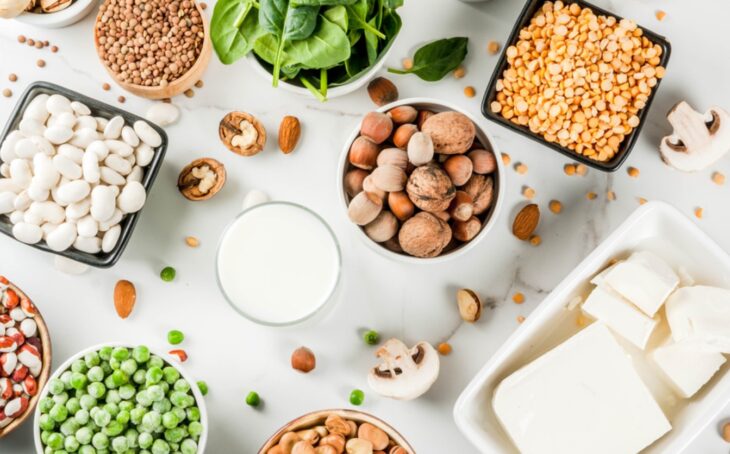
Source: Hip & Healthy
People who are perhaps unfamiliar with vegetarian diets typically make the assumption that vegetarian diets are lacking in protein. However, there many protein sources that don’t come from animals. Vegetarianism, when done right, provides a tremendously balanced and varied diet that is rich in protein and other essential nutrients and elements. And vegetarian protein sources are likely more varied than you might have thought.
The good news is it’s easy for vegetarian diets to meet the necessary protein levels as long as caloric intake is high enough. And as athletes know, calories are essential to fitness. So what kind of proteins are vegetarians enjoying while building muscle if they can’t turn to lean meats? For starters, You should check MyPowerLife for plant-based proteins to add to your post-workout shakes, just like any other athlete or bodybuilder would. These plant-based protein powder options can help with muscle recovery and weight loss as well.
Popular meat alternatives for protein include seitan, a wheat-based protein that even resembles the look and texture of meat when fully cooked. Tofu, tempeh, and edamame are all excellent protein-packed alternatives to meat as well. These foods can be cooked up in a variety of ways to be enjoyed in stir fry and other dishes. Lentils are also an excellent source of vegan and vegetarian protein, clocking in at 18 grams of protein per cooked cup.
Other popular vegan protein options include chickpeas, beans, nutritional yeast, ancient grains such as spelled and teff, hempseed, green peas, spirulina, amaranth, quinoa, sprouted grain bread, soy milk, oats, wild rice, chia seeds, nuts, nut butter, seeds, and protein-packed fruits and veggies. As you can see, vegan diets are far from bland and boring. They pack an enormous amount of nutrition and health benefits that are ideal for athletes and people who are dedicated to fitness and leading healthier lifestyles.
Getting Phytoestrogens
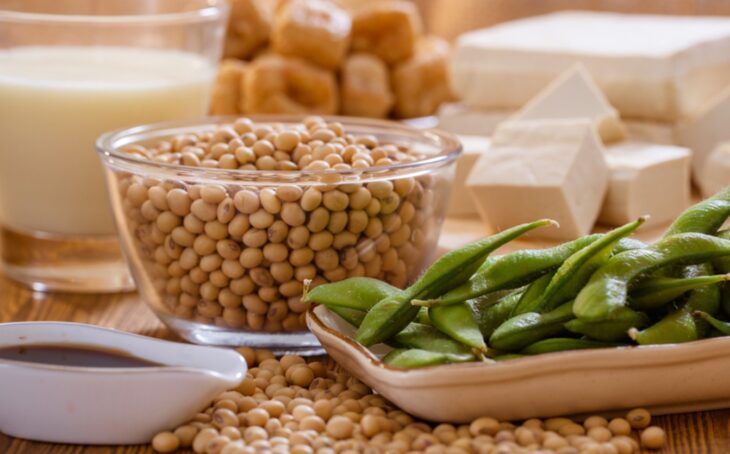
Source: Stefani Ruper
For women that are nearing menopause, vegetables that contain phytoestrogens may be of great interest, and a vegetarian diet can help. These types of foods act very similarly to an estrogen supplement but are in their natural form. Because they contain less estrogen than a synthetic version, you can experiment and see if you find relief from menopause symptoms like hot flashes and irritability. Good sources of phytoestrogens include chickpeas, edamame, tofu, and even fruits like raspberries and peaches.
Skincare

Source: 938live
Vegetarian diets tend to have foods that are high in vitamin content. These vitamins are required to create a skin that glows beautifully. vegetarians have colorful diets that are rich in fruits and vegetables. The complete color spectrum must be represented to reap the benefits. Carotenoids are found in yellow, orange, and red produce. They’ve been shown to add a slight golden hue to the skin and help it age gracefully. Green veggies contain Omega-3 fatty acids, which help alleviate symptoms of eczema. Eating a vegetarian diet can even help reduce the effects of aging and skin damage. The high concentration of antioxidants found in vegetables like kale, lettuce, spinach, and other plants greatly improves skin health. Vegetables have been used in skincare for years according to Dermatologist Elizabeth Hale. Vegan products like serums, moisturizers, cleansers, and masks contain essential vitamins that are found in produce.
Because vegetarian diets call for an increase in vegetables, some find that the amount of water needed in a day decreases. Vegetables contain a large amount of water in them. In fact, several plants are around ninety percent water. Hydration is an important factor while considering the correlation between vegetarianism and healthy skin. The amount of water you need depends on several factors. These include your environment, body weight, and diet.
Beating Boredom

Source: helpguide
What if you get bored on a plant-based diet? It’s true, boredom can set in, especially if you’re a vegan and don’t have the option of eating eggs or dairy. The key to avoiding monotony is to constantly be on the lookout for new foods. If nothing new is popping up in the produce section at the grocery store, check out the frozen aisle instead. Another option is to take a trip to an international market and search for new fruits and vegetables you’ve never tried. Be willing to experiment with herbs and spices and you could open a door to a completely new cuisine.
Keeping a Healthy Heart
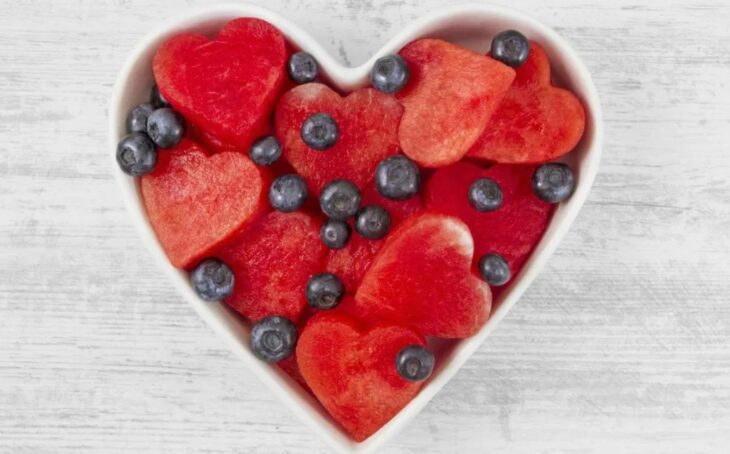
Source: Medical News Today
When you decide to go vegetarian or vegan, your heart will thank you. You’ve made the wise decision to move away from saturated fats that can cause high cholesterol and arterial build-up that leads to heart attacks. While everyone needs some fat in their diet, people on meat-free plans will get their healthy fats from delicious sources like nuts, avocados, coconut, and olive oil. As an added benefit, these fats are also good for your hair, skin, and eyes.
Fluctuating Weight
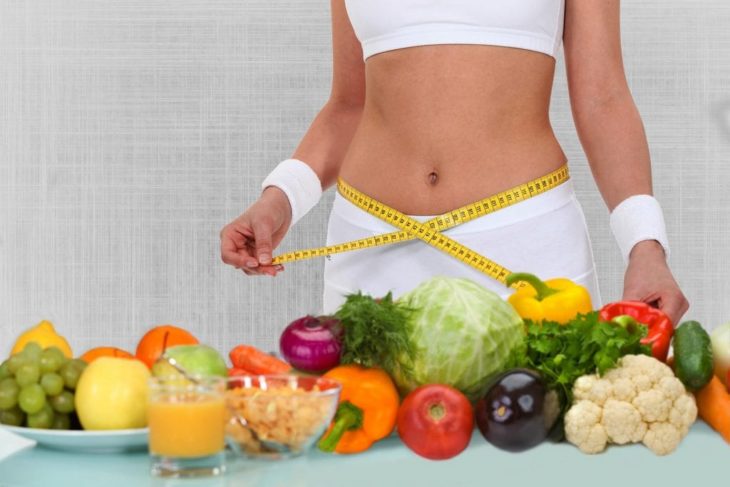
Source: digitaltrendsnews.com
When you begin a plant-based diet, one of two things will happen: you’ll either lose weight or gain weight. While most people shed pounds, a few end up gaining because they don’t transition the correct way. Becoming a vegetarian isn’t a license to start eating cheese and processed foods just because they don’t contain meat. If you start filling yourself with high-carbohydrate meals, or sugary fruit snacks, your weight will increase. Remember to create meals from whole foods, and avoid boxed or canned items whenever possible.
Making the Right Choice
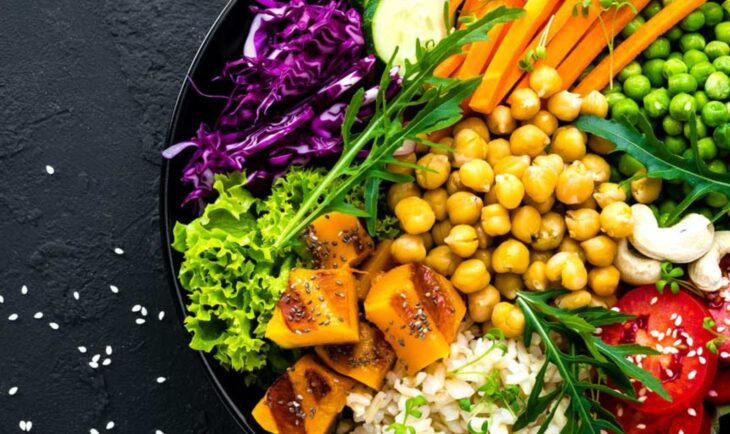
Source: East End Food Coop
If you’re considering making the healthy change to a plant-based diet, know that the pros definitely outweigh the cons. Like any lifestyle change, there will be an adjustment period. When you begin to see the positive changes in your body and all the new dishes available to you, you’ll know you made the right choice.
